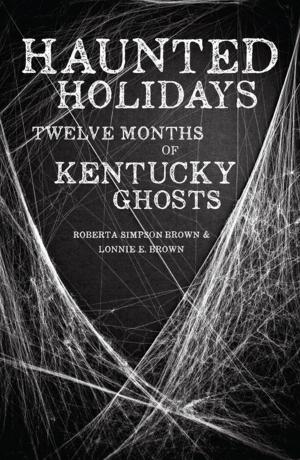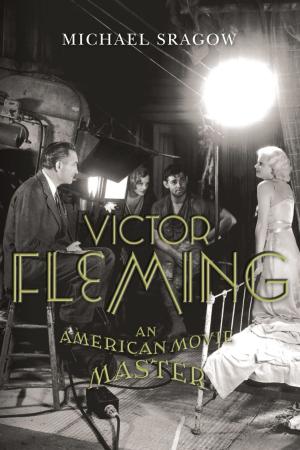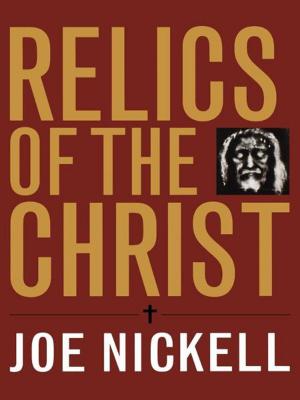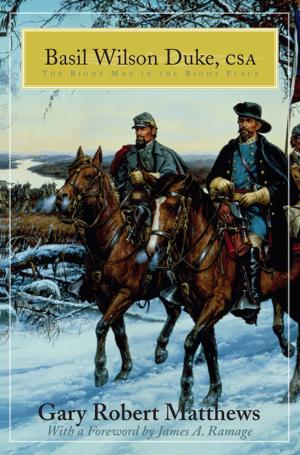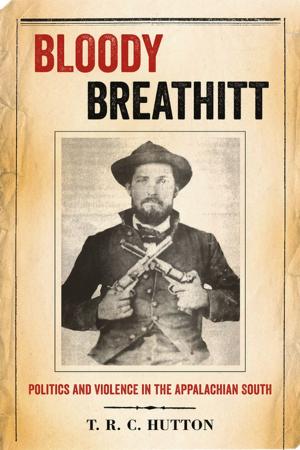How Kentucky Became Southern
A Tale of Outlaws, Horse Thieves, Gamblers, and Breeders
Nonfiction, History, Americas, United States, 19th Century| Author: | Maryjean Wall | ISBN: | 9780813139524 |
| Publisher: | The University Press of Kentucky | Publication: | September 29, 2010 |
| Imprint: | The University Press of Kentucky | Language: | English |
| Author: | Maryjean Wall |
| ISBN: | 9780813139524 |
| Publisher: | The University Press of Kentucky |
| Publication: | September 29, 2010 |
| Imprint: | The University Press of Kentucky |
| Language: | English |
The conflicts of the Civil War continued long after the conclusion of the war: jockeys and Thoroughbreds took up the fight on the racetrack. A border state with a shifting identity, Kentucky was scorned for its violence and lawlessness and struggled to keep up with competition from horse breeders and businessmen from New York and New Jersey. As part of this struggle, from 1865 to 1910, the social and physical landscape of Kentucky underwent a remarkable metamorphosis, resulting in the gentile, beautiful, and quintessentially southern Bluegrass region of today.
In her debut book, How Kentucky Became Southern: A Tale of Outlaws, Horse Thieves, Gamblers, and Breeders, former turf writer Maryjean Wall explores the post--Civil War world of Thoroughbred racing, before the Bluegrass region reigned supreme as the unofficial Horse Capital of the World. Wall uses her insider knowledge of horse racing as a foundation for an unprecedented examination of the efforts to establish a Thoroughbred industry in late-nineteenth-century Kentucky. Key events include a challenge between Asteroid, the best horse in Kentucky, and Kentucky, the best horse in New York; a mysterious and deadly horse disease that threatened to wipe out the foal crops for several years; and the disappearance of African American jockeys such as Isaac Murphy. Wall demonstrates how the Bluegrass could have slipped into irrelevance and how these events define the history of the state.
How Kentucky Became Southern offers an accessible inside look at the Thoroughbred industry and its place in Kentucky history.
The conflicts of the Civil War continued long after the conclusion of the war: jockeys and Thoroughbreds took up the fight on the racetrack. A border state with a shifting identity, Kentucky was scorned for its violence and lawlessness and struggled to keep up with competition from horse breeders and businessmen from New York and New Jersey. As part of this struggle, from 1865 to 1910, the social and physical landscape of Kentucky underwent a remarkable metamorphosis, resulting in the gentile, beautiful, and quintessentially southern Bluegrass region of today.
In her debut book, How Kentucky Became Southern: A Tale of Outlaws, Horse Thieves, Gamblers, and Breeders, former turf writer Maryjean Wall explores the post--Civil War world of Thoroughbred racing, before the Bluegrass region reigned supreme as the unofficial Horse Capital of the World. Wall uses her insider knowledge of horse racing as a foundation for an unprecedented examination of the efforts to establish a Thoroughbred industry in late-nineteenth-century Kentucky. Key events include a challenge between Asteroid, the best horse in Kentucky, and Kentucky, the best horse in New York; a mysterious and deadly horse disease that threatened to wipe out the foal crops for several years; and the disappearance of African American jockeys such as Isaac Murphy. Wall demonstrates how the Bluegrass could have slipped into irrelevance and how these events define the history of the state.
How Kentucky Became Southern offers an accessible inside look at the Thoroughbred industry and its place in Kentucky history.



